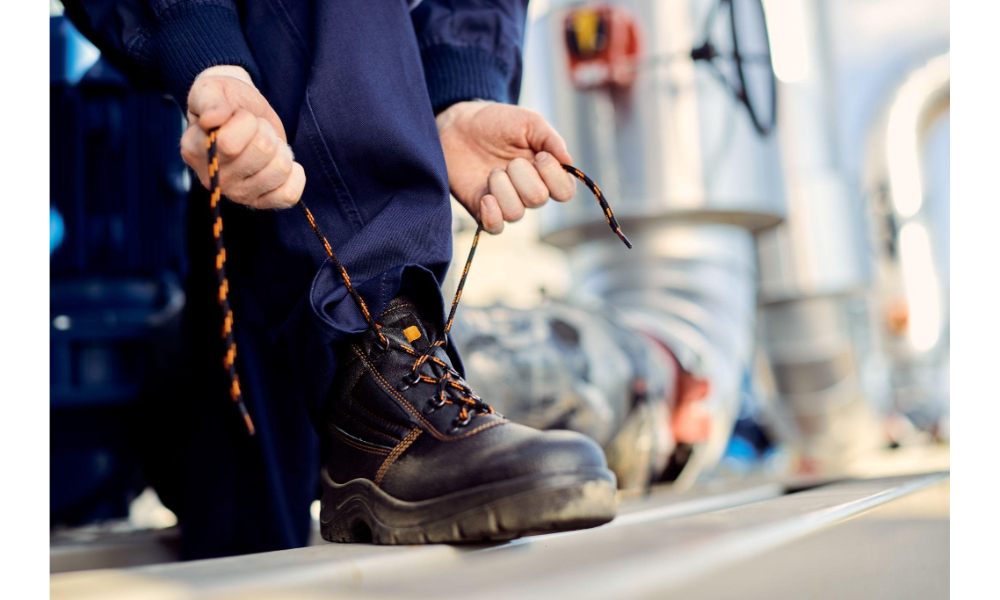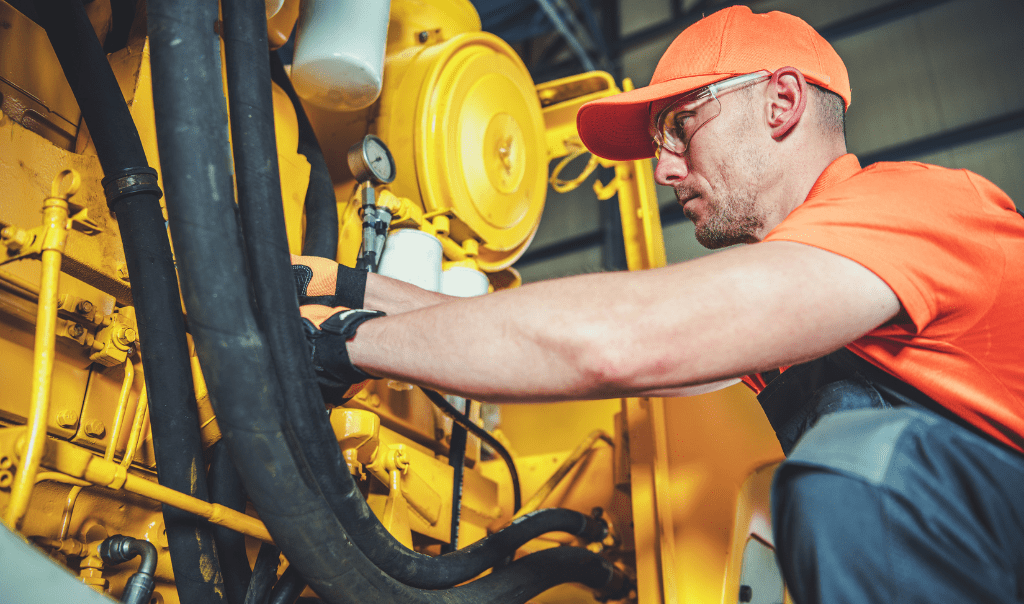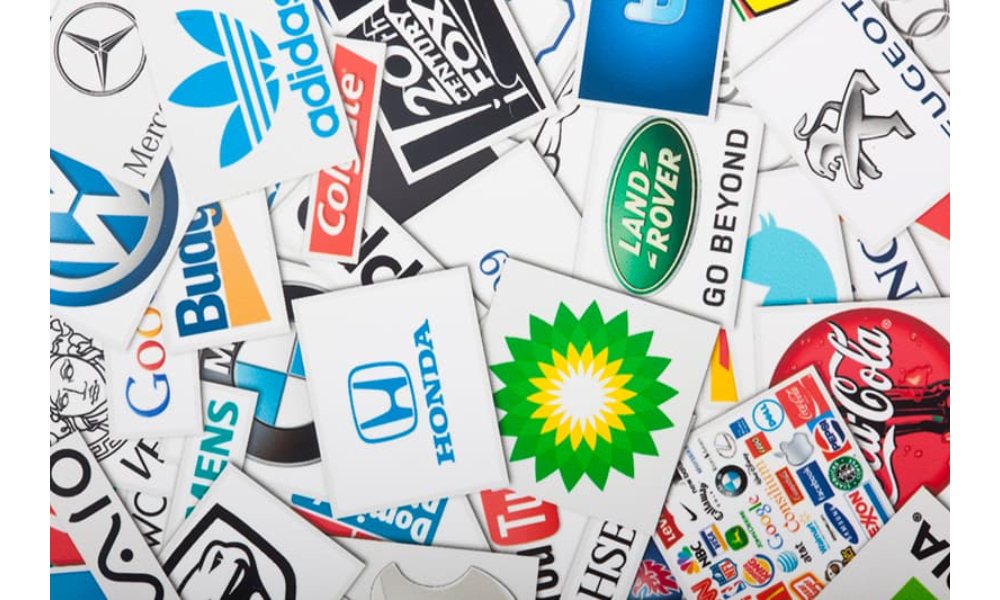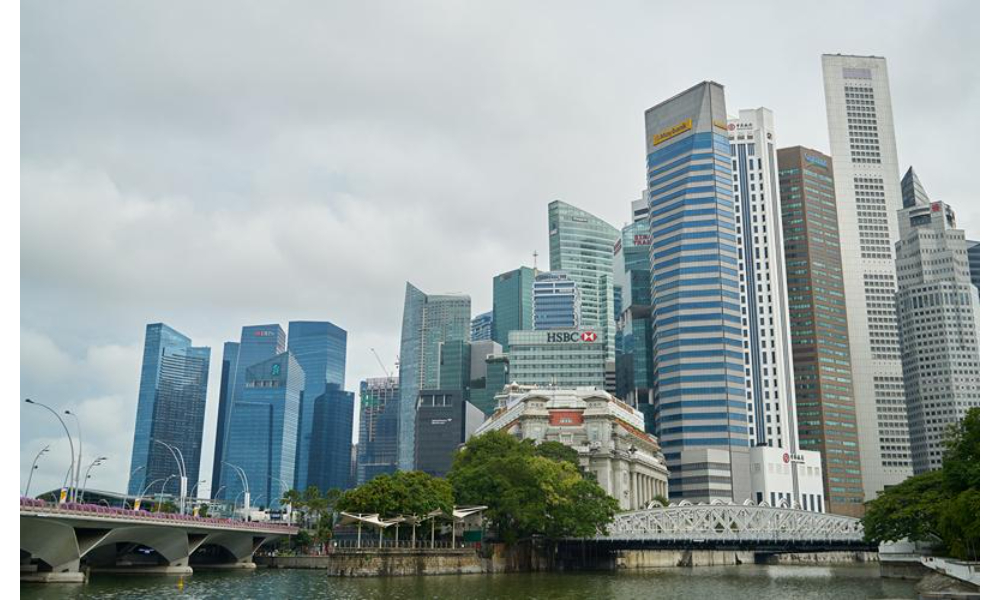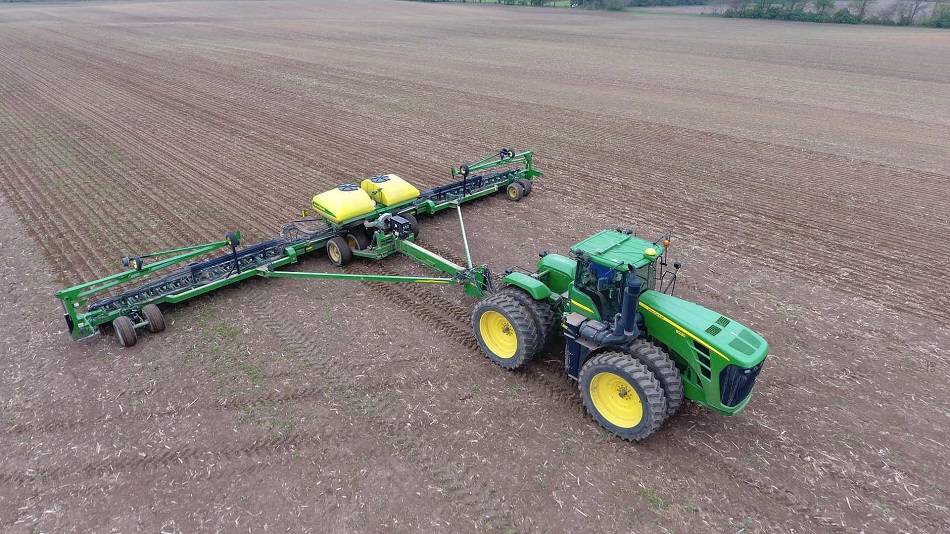
Generator sets, often known as gensets, are mission-critical components that are closely examined when shipyards acquire equipment for vessel constructions or retrofits. After all, shipyards require genset providers that satisfy strict operational, technical, and regulatory requirements, and shipowners anticipate dependable onboard power.
Examines the critical criteria shipyards consider when assessing providers of cutting-edge marine gensets.
Proven Engineering and Marine-Grade Certification
Shipyards prefer suppliers who offer gensets engineered specifically for maritime environments. Unlike industrial sets, marine gensets must comply with strict classification society rules and endure vibration, humidity, and salt-laden air. Suppliers must demonstrate compliance with bodies like DNV, ABS, Lloyd’s Register, and Bureau Veritas. Certification isn’t just a checkbox—it’s an assurance of long-term performance and safety on the water.
Shipyards also want to see a strong track record of real-world deployments. A genset supplier that can showcase successful integration into commercial vessels, offshore platforms, or naval ships carries more weight than one focused on generic power generation. Marine environments are unforgiving, and proven reliability matters more than marketing promises.
Advanced Control and Synchronisation Capabilities
Paralleling controllers are no longer optional in modern marine power systems. Shipyards actively look for genset solutions with built-in or easily integrated paralleling functionality. These controllers manage multiple gensets, synchronising load-sharing, prioritising usage based on demand, and improving fuel efficiency.
Suppliers that offer advanced controller options—like automatic load shedding, black-start capability, and remote diagnostics—have a clear advantage. Shipyards understand that future vessel operations will rely heavily on automation and smart energy use. A supplier that can support seamless power management through cutting-edge paralleling controllers becomes a strategic partner, not just a vendor.
Customisation and Integration Support
Every ship design is unique, and so are its power requirements. Shipyards value suppliers that provide customisation flexibility—from footprint dimensions and cooling systems to mounting configurations and emissions packages. Standard gensets with limited modification options rarely meet the bespoke demands of modern marine applications.
Equally important is integration support. Genset suppliers must be able to collaborate with the shipyard’s electrical and mechanical teams to ensure a smooth interface with onboard systems. This requirement includes load analysis, cable routing, exhaust handling, and fuel system compatibility. Suppliers who can provide 3D models, technical drawings, and on-site commissioning services add practical value during the build phase.
Emissions Compliance and Future-Proofing
IMO Tier III and other emissions standards have forced marine genset manufacturers to evolve quickly. Shipyards now prioritise suppliers that offer low-emission generator sets, especially those using SCR (Selective Catalytic Reduction), DPF (Diesel Particulate Filter), or dual-fuel capabilities. With ports and regulatory bodies tightening controls, shipbuilders want generator sets that won’t become obsolete in a few years.
Future-proofing also includes digital readiness. Shipyards look for gensets equipped with monitoring interfaces, cloud connectivity, and predictive maintenance options. This characteristic is especially critical for commercial operators aiming to minimise downtime and extend asset lifespans.
After-Sales Support and Global Reach
Shipyards don’t just evaluate the machine—they assess the company behind it. Reliable after-sales service, parts availability, and technical support are top considerations. A state-of-the-art marine genset is only as good as the global network that supports it. Suppliers with trained technicians, accessible spares, and warranty support across major ports have a clear edge.
Some shipyards even prefer suppliers that offer maintenance contracts or integration with vessel-wide monitoring systems. The ability to troubleshoot issues remotely or schedule preventive maintenance across fleets can significantly improve operational efficiency for end users.
Conclusion
Shipyards no longer settle for generic generator sets. They look for vendors who provide superior engineering, advanced paralleling controllers, and customised marine-grade solutions. Compliance, integration capability, and ongoing support all play a role in supplier selection. It is vital for any firm aiming to take the lead in the marine power industry to comprehend these requirements.
Contact Rehlko to explore our certified, high-performance gensets and advanced paralleling solutions.



